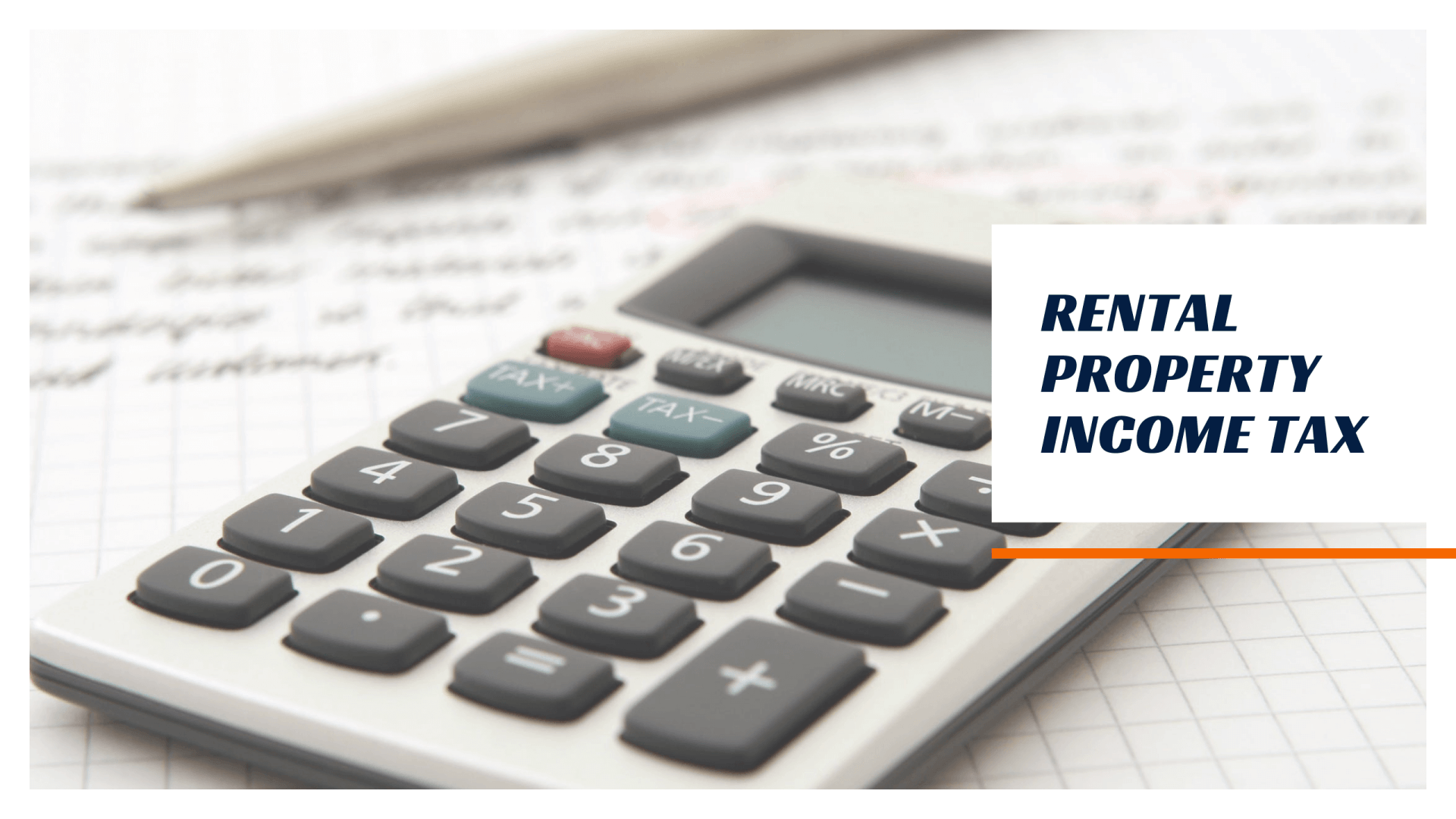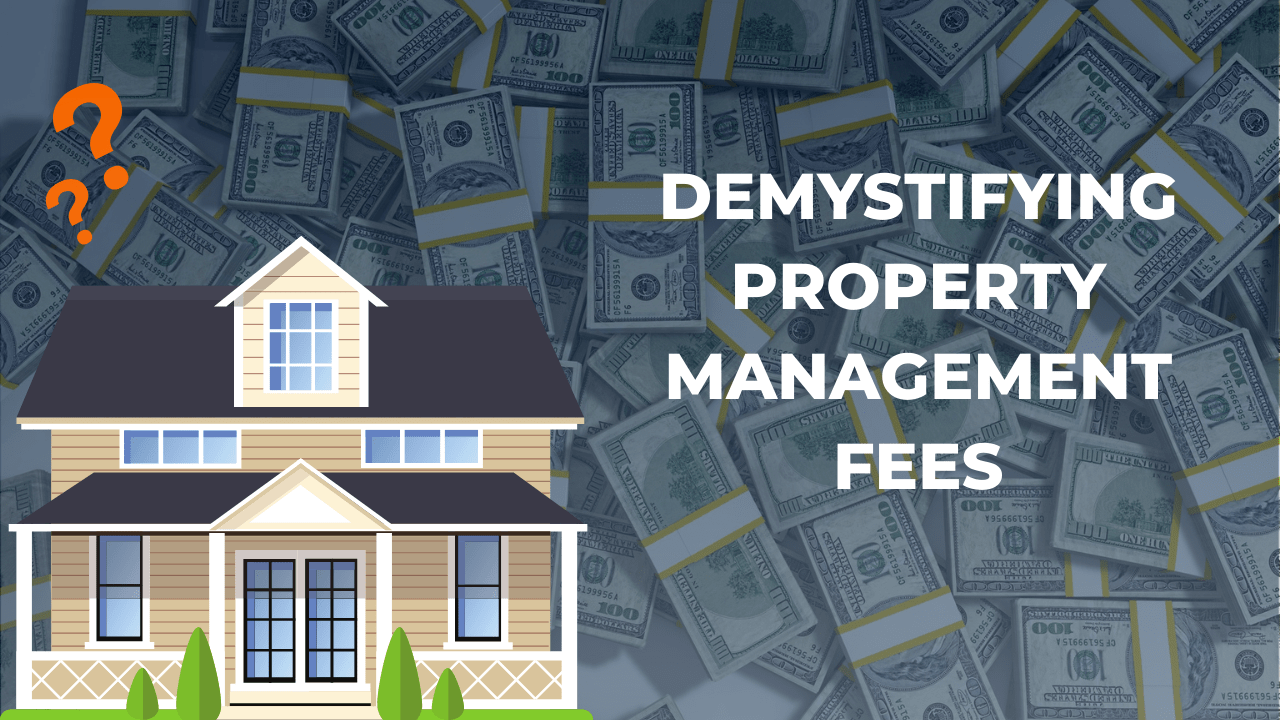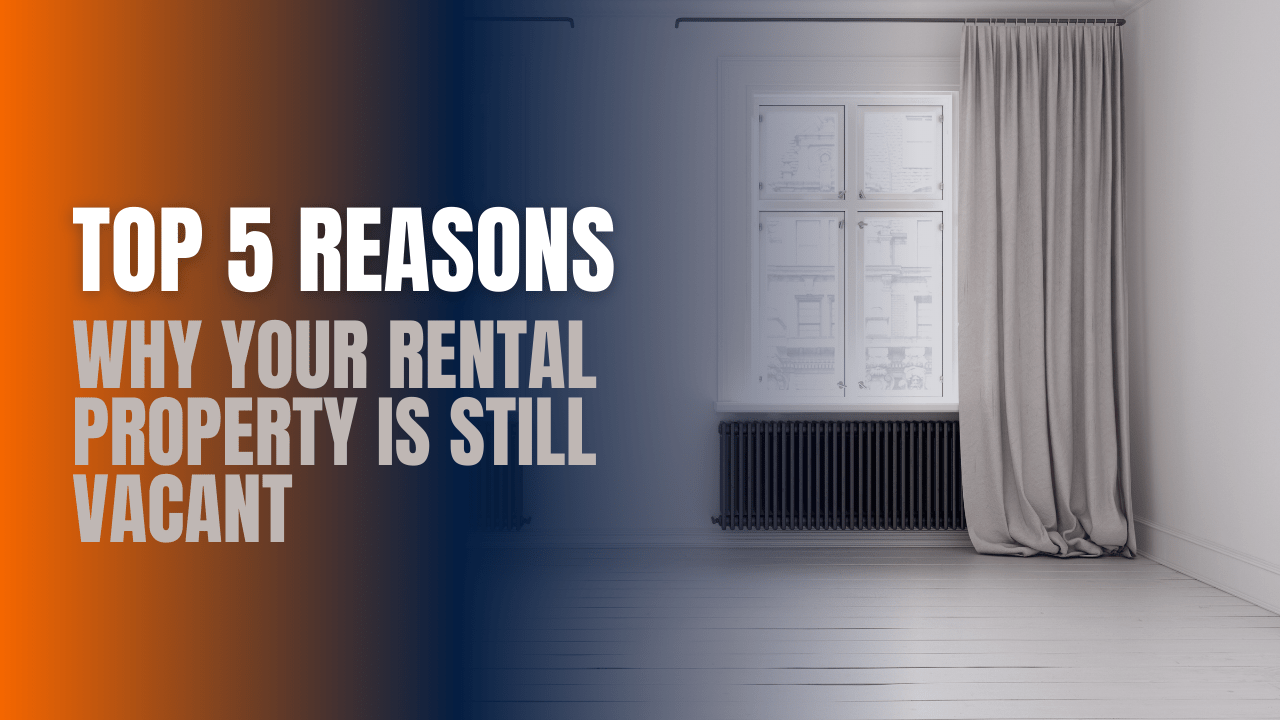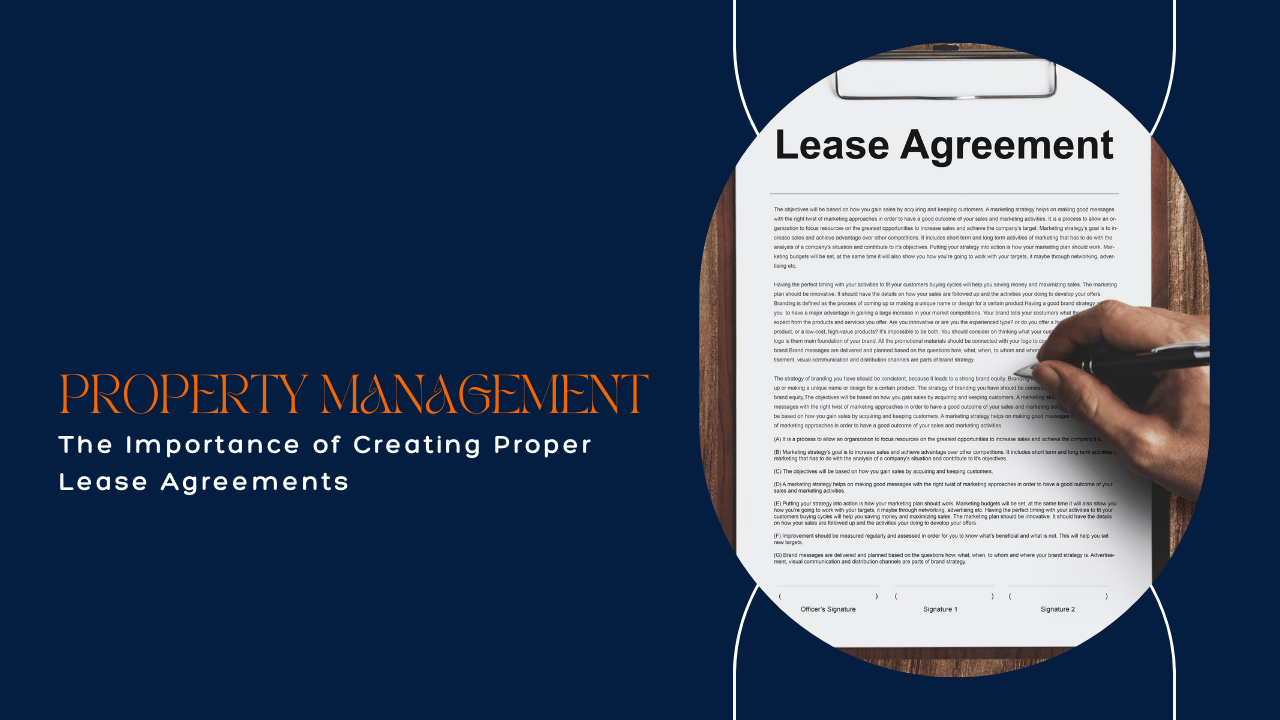Taxes are never fun to think about, but you want to make sure you’re organized and compliant when it comes to your rental property obligations. It is always best to discuss your specific situation with your tax advisor. However, if you have any basic questions or need some support, contact us at Onyx Property Management, where we serve owners and investors in the entire county, including San Diego, Chula Vista, Oceanside, Carlsbad, and surrounding areas.
How Are Taxes on Rental Property Income Handled? San Diego Property Management

According to California’s Franchise Tax Board (FTB), all rental income and losses are passive activities. The rental income you receive from renting out a home is fully taxable. You must declare it on your tax return unless you’ve rented out the property for fewer than 15 days in the calendar year.
Luckily, some of your tax liability can be offset by deductions and depreciation.
Here’s what you need to know on the state and federal level when it comes to handling taxation related to your rental property.
Paying Tax on Rental Property Income
The amount you’ll pay depends on your income bracket and the amount you earned. On your federal tax return, you’ll report rental income and your expenses on Part I, Income or Loss from Rental Real Estate Royalties on Supplemental Income and Loss, Schedule E. This can be found on IRS Form 1040. Your state filing will simply roll over from your federal return. Any rental income remaining after expenses will be included in your adjusted gross income.
What is considered income, for tax purposes?
Monthly rental payments- Advance rental payments
- Any security deposit amount that you keep. Any part of the deposit that you return is not income
- Expenses paid by the tenant that are deducted from the rent. For example, if a tenant pays an HOA fee of $100 every month and then deducts that $100 from the rent, it’s considered income for you.
Tax Deductions for San Diego Rental Property Owners
You can deduct the interest you pay on your mortgage if you purchased your rental property with a loan. All of the fees and expenses that come with your mortgage are also deductible, such as the origination fees and points. You can deduct credit card interest when you make property-related purchases with credit.
The IRS allows rental property owners to deduct certain repair and maintenance costs. The maintenance costs will qualify if you’re spending money to keep your property in rentable and habitable condition. If you hire someone else to do the repair work, you can deduct those labor costs. However, if you decide to do the work yourself, you can only deduct what you spent on materials, tools, and equipment.
Property taxes and landlord insurance premiums can also be deducted on your rental property. Most lenders will require that you purchase insurance before you qualify for a mortgage and close on the purchase. Your basic dwelling coverage can be deducted as well as liability and special peril premiums.
Don’t Forget Depreciation
The IRS allows you to deduct for the wear and tear that will eventually lower the value of your
San Diego rental property, therefore the depreciation of that asset is tax deductible. The deduction can be taken for the expected life of the property, but it must be spread out over multiple years.
Currently, the IRS has set the depreciation rate at 27.5 years. Therefore, you’ll use that number to calculate your depreciation. You cannot include the value of the land the structure is on; you’re simply using the value of the improvement. Use the original cost of your property, subtract the land value, and then divide that net value by 27.5. That’s the amount of depreciation you can include in your tax return annually.














